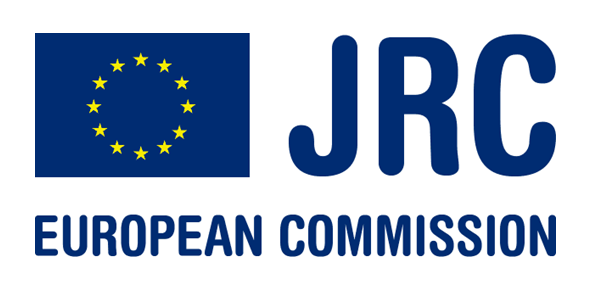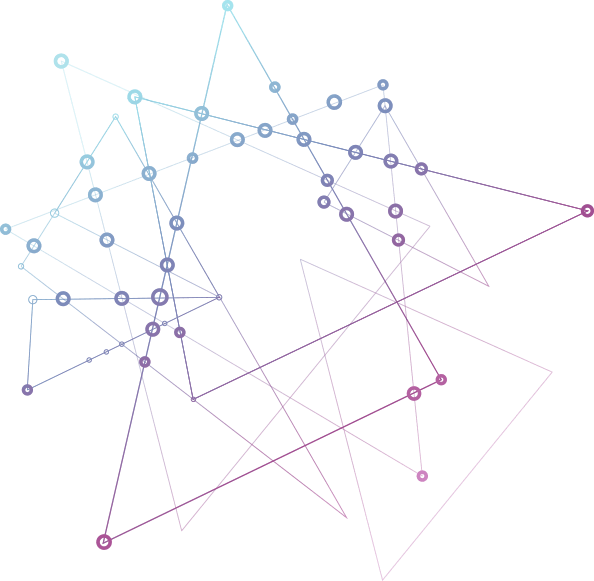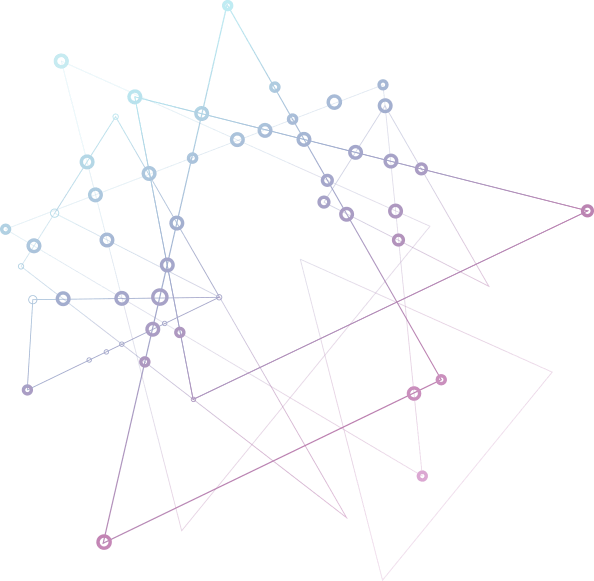What is soda4LCA?
soda4LCA is a web-based database application designed to store and retrieve Life Cycle Inventory (LCI) and Life Cycle Impact Assessment (LCIA) datasets formatted in the ILCD format. It also exposed a RESTful service interface to communicate directly with other LCA software tools and/or databases. Multiple soda4LCA nodes can be joined to a network, where a search operation will query all nodes in the network.
Reliable Consultancy
With our expertise in software development, LCA data formats and data distribution, we can offer our clients tailored solutions for their individual needs.
Tailored Features
As maintainer of the soda4LCA open source software project, we coordinate contributions from the international developer community and are actively developing the software further for our clients, providing custom features and bug fixes as well as pre-release builds and early access to new features.
Operate Instances
We offer to operate a soda4LCA instance for you in a best-in-class green European data center through our LCA Data Hub service.
10 Years
On the market
5 Continents
Team Members
100%
Satisfaction Rate
90%
Senior Scientist
Technology Stack
Modern web development architecture based on client-side and a web server.
Java
Class-based, object-oriented programming language that is designed to have as few implementation dependencies as possible. It is a general-purpose programming language intended to let application developers write once, run anywhere.

Maven
Maven is a build automation tool used primarily for Java projects. The Maven project is hosted by the Apache Software Foundation, where it was formerly part of the Jakarta Project.

Continuous Testing
Process of executing automated tests as part of the software delivery pipeline to obtain immediate feedback on the business risks associated with a software release candidate.

Git Revision Control
Distributed version-control system for tracking changes in any set of files, Its goals include speed, data integrity, and support for distributed, non-linear workflows.

XML
Markup language that defines a set of rules for encoding documents in a format that is both human-readable and machine-readable. The World Wide Web Consortium's XML 1.0 Specification of 1998 and several other related specifications—all of them free open standards

Open Source Project
Source code is made freely available for possible modification and redistribution. Include permission to use the source code, design documents, or content of the product.


News, Announcements & Insights
Take a look at our blog where we post the latest updates, releases and behind the scenes for soda4LCA




